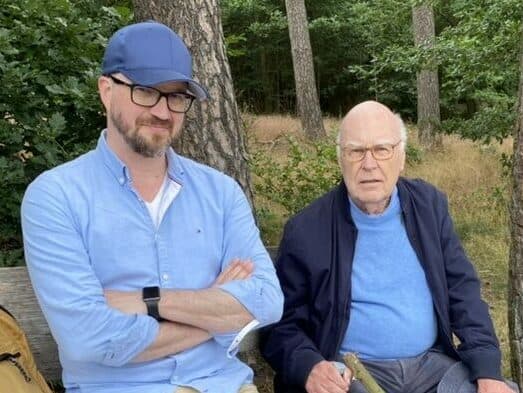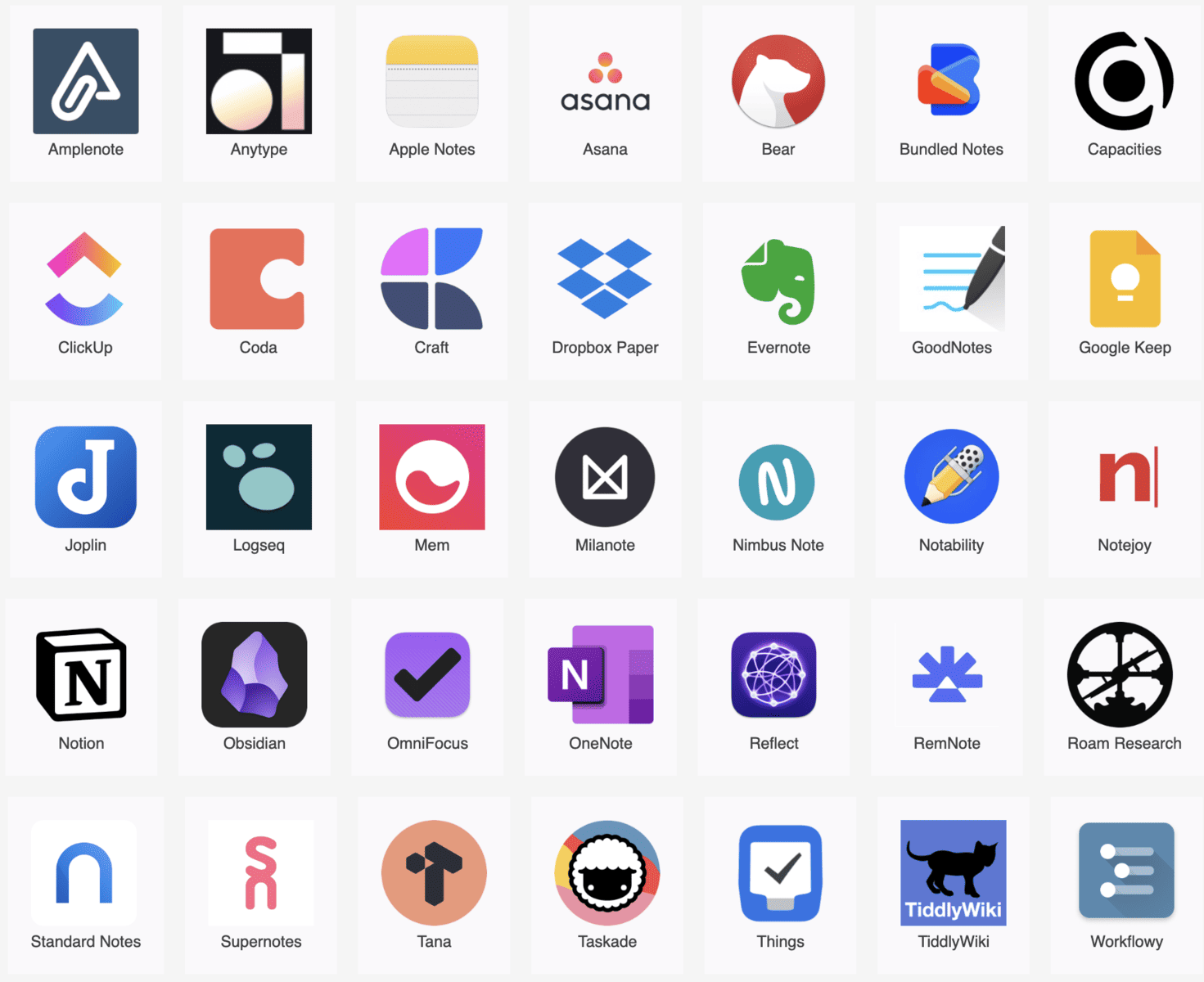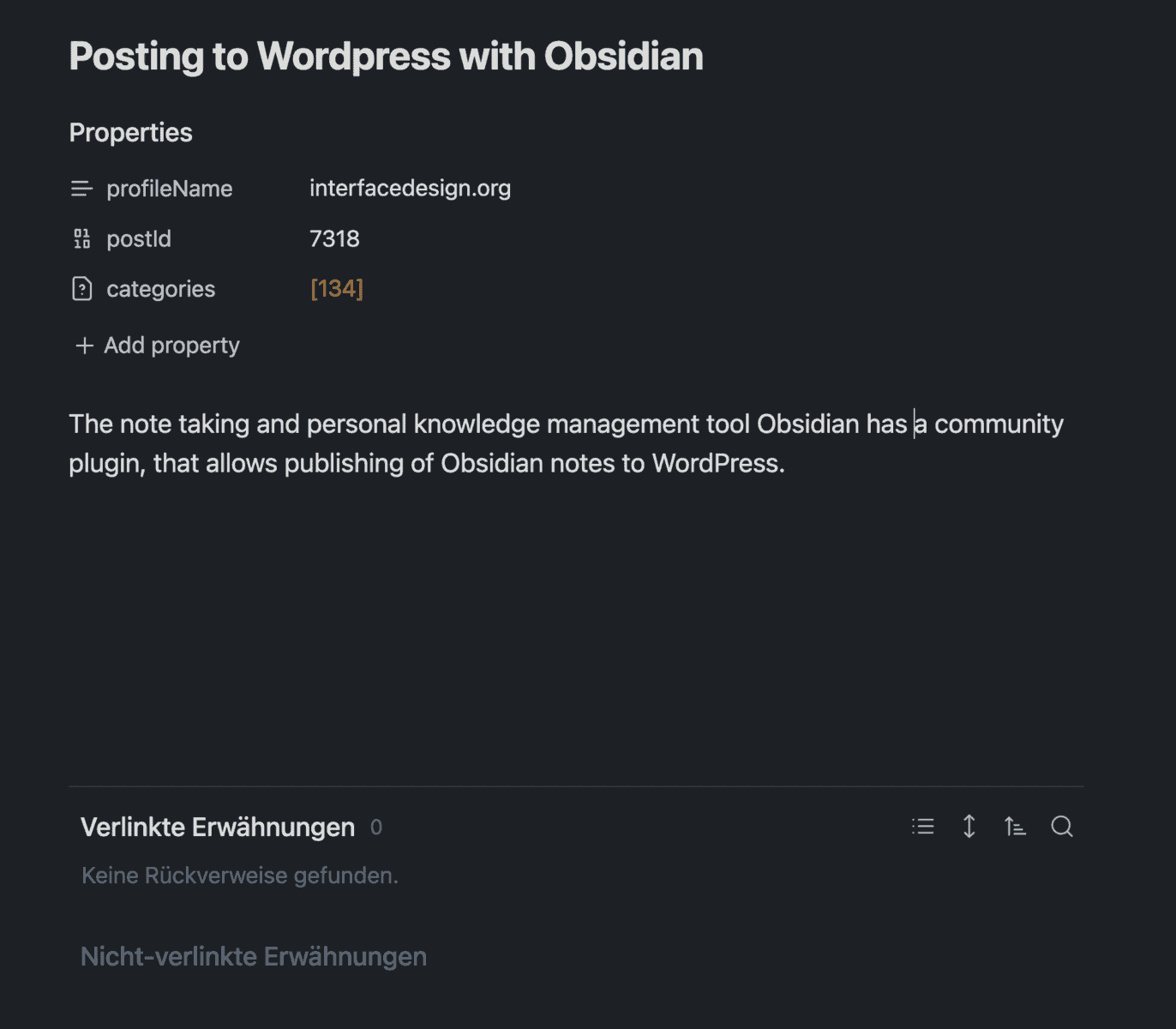details of a global brain
-

Future of UX Design: Trends and Career Paths
The ongoing digital transformation is reshaping the UX design and creative industries, characterized by evolving market dynamics and technological advancements. While the demand for UX professionals is transitioning towards strategic roles, opportunities persist in various creative fields. Adaptability, lifelong learning, and a focus on ethical practices will be essential for future success.
-

AI beyond LLMs
Large-Language Models are trained on text. These models understand the world by learning from our understanding of the world that has been expressed in textual form. This way even a blind ChatGPT knows something about color and their potential similarities without ever “seeing” color per se. Whenever something that ChatGPT generates makes sense the sense-making…
-

The business value of Design
Business leaders who focus on their balance sheets are likely to overlook the potential value that a good design team can bring to the overall performance and value of a company. In other words: The business value of design is not just its ability to generate direct revenue, but its potential to improve almost every…
-

Studying and Teaching Interface Design
This text describes how I got to know Gui Bonsiepe over 30 years ago, what it meant for me to study with him, how this subsequently influenced my own teaching, and what I think his work means for me today. These are personal thoughts. I nevertheless hope that they have meaning for readers with an…
-

US Justice Department launches large scale lawsuit against Apple
The US Department of Justice is going after Apple and their anti-competitive strategies to practically establish and maintain monopoly power in the market. This pretty much resonates with my recent rant about Apples greedy practices by making their hardware almost impossible to repair (by pairing parts inside a device so that replacing them would cripple…
-

New Seminar »Artificial Intelligence and Design«
The seminar this summer semester 2024 will be about artificial intelligence and design. Clearly there is a lot of shake-up coming from artificial intelligence. It is about time to explore what this means for designers, design and design education. Artificial intelligence has become a dominant topic since the release of ChatGPT by OpenAI. New AI…
-

The issue with software-defined products
30 years ago the idea of “using” instead of “owning” was all the rage as a way to move into a more ecological future. To have products used by many people would allow to offer its services with smaller ecological footprints. This in par became true for car sharing services today. But the main use…
-

Artificial Intelligence everywhere
Disclaimer This following text was generated using GPT-4.Don’t take it too seriously. It is just a test. Artificial Intelligence (AI) stands out as a revolutionary technology that’s altering the foundation of how we live and work. The impact of AI on the global economy far-reaching and it is touching every industry sector. What is the…
-

Design education latest trends
Disclaimer This following text is generated by GPT-4. Don’t take it too seriously. It is just a test. Design education has been evolving rapidly to keep up with the ever-changing demands of the industry. As technology continues to advance, new trends and approaches have emerged, shaping the way design is taught and practiced. Here are…
-

Greedy Apple is not interested in a good customer experience
As Tim Cook has told the investors and shareholders: Repairable devices reduce sales of new devices and that is holding down revenue in a saturated market. So this parts pairing scam that Apple uses to prevent anyone to replace parts in a broken device is a way to force customers to buy new hardware instead…
-

Gui Bonsiepe Chair: Designing for Possible Futures
The Faculty of Architecture, Design and Urban Studies of the Pontificia Universidad Católica de Chile in Santiago de Chile has dedicated a new educational chair named »Gui Bonsiepe-Chair: Design for Possible Futures«. It honors Gui Bonsiepes work and influence on the Design Culture and Design Education in Latin America and aims to expand knownledge and…
-

Note Taking Apps
The website https://noteapps.info/ provides a comparison of various note-taking software. It covers 35 best note taking apps analyzed over 295 features. Apps are compared based on various factors like compatibility with operating systems, tagging, syntax, attachments, offline work, cross device syncing, and price among others. While the list of apps is impressive it does not feature…
-

Posting to WordPress with Obsidian
The note taking and personal knowledge management tool Obsidian has a community plugin, that allows publishing of Obsidian notes to WordPress. It does not however support updating an Obsidian note from a changed WordPress post. It does not yet do pages, inline images or custom fields. But it seems the developer Cheng Liang is working…
-

Seminar »Information Topologies« in Winter Semester 2023/2024
The new project seminar for the students of the department of Design at Aachen University of Applied Sciences will be about “Information Topologies”. Information Topology deals with the organization and arrangement of information spaces. Often, the goal is to make information intuitively accessible and easier to find or learn, or to design a general strategy…
-

Posting to WordPress with Tinderbox
I am a long time Tinderbox user. But while having purchased a license many years I never have been able to fully use it for my purpose. It can do a lot of things – if you have the time to dig into it. Now Detlef Beyer has added an early prototype plugin to be able…
-

The Pulse of Open-Source: A Snapshot of GitHub’s Most Active Projects
In the vibrant world of software development, GitHub serves as a real-time barometer of the most active open-source projects. Today’s snapshot reveals a diverse array of trending projects, with Python, Ruby, and JavaScript emerging as the popular languages. These projects, spanning AI, machine learning, chatbots, and development tools, reflect the current interests and growth in…
Got any book recommendations?